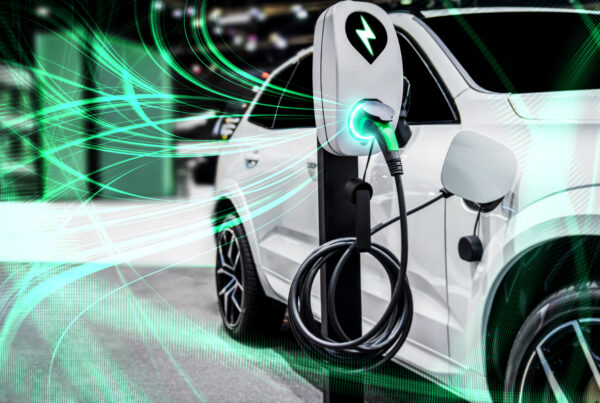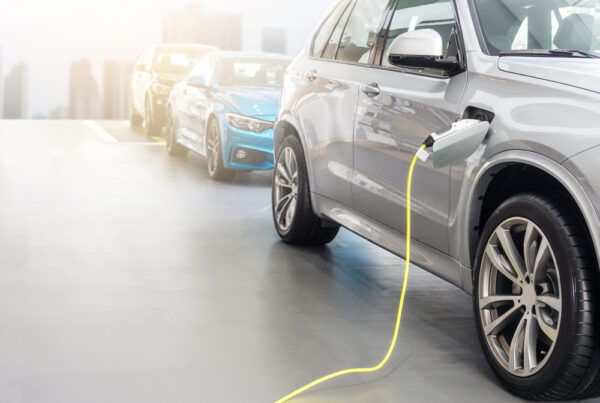Malaysia’s car sales and production declined further by 20 per cent in September 2024 compared to the previous month. According to the Malaysian Automotive Association (MAA). There were 58,032 units sold and registered this month. 52,922 of these units were passenger vehicles, while the remaining 5,110 were commercial vehicles.
In comparison, last year’s sales in September saw 68,174 units sold altogether and August 2024’s sales were 72,367 units. According to this data, there is a steep decline of 14.9 per cent between August and September 2024.
SHORTER MONTH, LOWER SALES
MAA attributes September’s lower sales to lesser working days for the month and an anticipation for the Malaysian government’s annual Budget 2025 announcement. Budget 2025 was reported to have removed fuel subsidies. Luckily, the published budget showed that the government did not remove these subsidies. According to the MalayMail, the fuel subsidies have shown to beneficial to 85 per cent of Malaysians.
Earlier this year in July, the MAA raised its total industry volume (TIV) estimates to 765,000 units from 740,000 units initially predicted. This projection is lower than Malaysia’s TIV in 2023, that saw 799,731 units sold. With the 20 per cent dip in car sales in September, Malaysia has yet to see if it will hit its targets. Still, the MAA is optimistic that sales in October will overtake September’s.
PRODUCTION TAKES 20 PER CENT HIT
Malaysia’s production rates took a more devastating hit with a 20 per cent decrease. The volume of Malaysia’s vehicles produced also fell from 69,133 units in August to only 55,383 units in the following month.
Despite this, Malaysia sees positive news in overall vehicle production. The country’s overall number of units produced is higher than 2023’s overall units produced. January to September of 2024 has produced 593,050 units so far, an increase from 566,442 units produced in the same period in 2023.
MAA President Mohd Shamsor Mohd Zain expects the country’s growing GDP to improve the local automotive industry and for manufacturers, in turn, innovate local car production. If Malaysia’s car sales and production are to benefit from this, it is yet to be seen.
“These include exciting newer and affordable models with newer features for both internal combustion engine (ICE) vehicles and all types of electrified vehicle (EV),” he stated in an article by The Star.
Was this article helpful? Leave us a like!





